There is no law beyond do what thou wilt. Love is the law, love under will
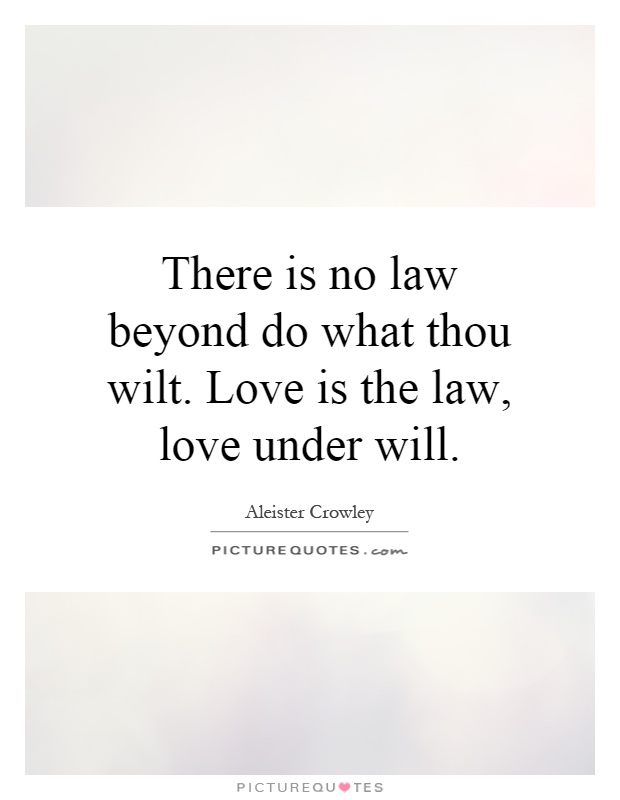
There is no law beyond do what thou wilt. Love is the law, love under will
Aleister Crowley, the infamous occultist and self-proclaimed "Great Beast 666," is often associated with the phrase "Do what thou wilt shall be the whole of the Law. Love is the law, love under will." This statement, known as the Law of Thelema, is a central tenet of Crowley's philosophy and belief system.To understand the meaning behind this seemingly provocative statement, one must delve into the teachings of Crowley and the principles of Thelema. Crowley believed that each individual has a unique purpose or True Will, which is their ultimate destiny or calling in life. According to Crowley, one must discover and fulfill their True Will in order to achieve true fulfillment and spiritual enlightenment.
The first part of the Law of Thelema, "Do what thou wilt shall be the whole of the Law," is often misunderstood as a call to hedonism or selfishness. However, Crowley's interpretation of this phrase is much deeper and more nuanced. He believed that one must follow their True Will, or innermost desires and aspirations, in order to live a fulfilling and authentic life. By aligning one's actions with their True Will, they are able to tap into their full potential and achieve spiritual growth.
The second part of the Law of Thelema, "Love is the law, love under will," emphasizes the importance of love and compassion in the pursuit of one's True Will. Crowley believed that love is the highest form of spiritual expression and that it should guide and inform all of one's actions. By acting with love and compassion towards others, one is able to harmonize their individual will with the greater good of humanity.
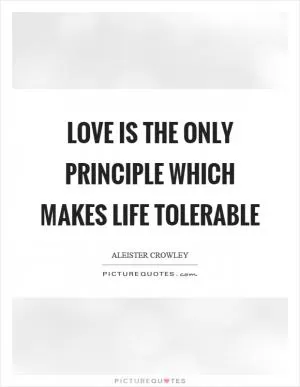


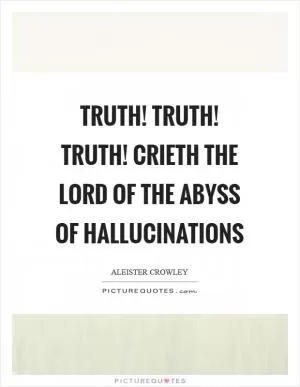

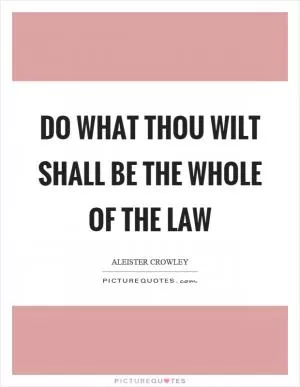
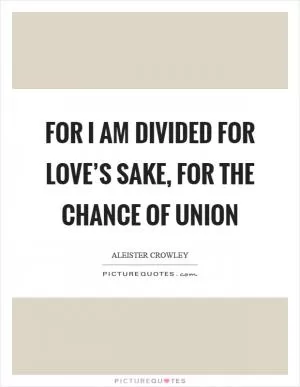
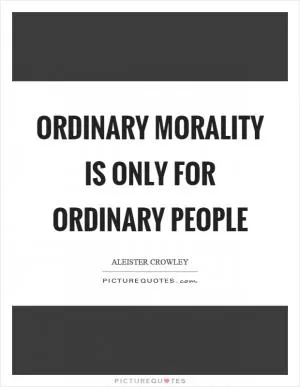
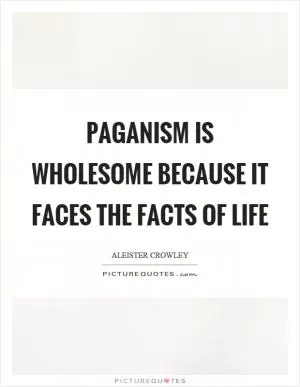

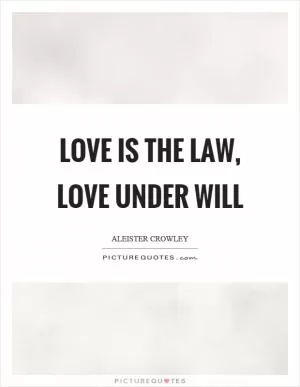
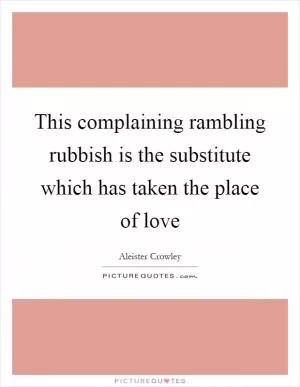
 Friendship Quotes
Friendship Quotes Love Quotes
Love Quotes Life Quotes
Life Quotes Funny Quotes
Funny Quotes Motivational Quotes
Motivational Quotes Inspirational Quotes
Inspirational Quotes